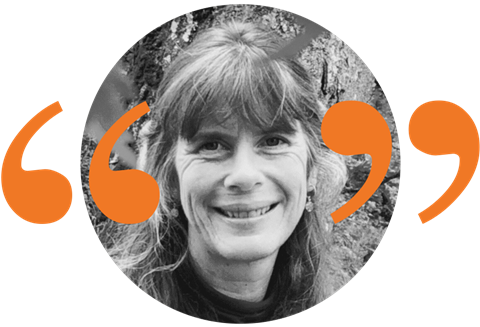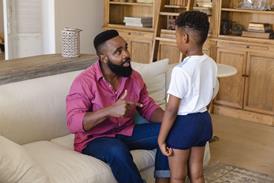NexGen speaks to Molly Ashton, who has seen her two sons through education and is now homeschooling her two adopted daughters. She has compiled the book,
Another Way To Learn.

NexGen: Less than one percent of children educated in the UK are homeschooled, though numbers are rising, and have risen since the pandemic. What were your primary reasons for home educating?
Molly Ashton: Our eldest, Ben, went to school at reception age. He did part time and reception for two and a bit terms. And we pulled him out in the summer term. We had come to the UK from living for a time in Malawi and had seen the benefits of children starting schooling aged seven.
It wasn’t anything to do with the schooling system: it was a Church of England school, and I was quite happy with what they were being taught there. But we found that for Ben it was too much pressure too young. And as time went on we realised that it was better that Ben was educated at home, even after aged seven.
We have enjoyed the positive side of seeing how Ben and his younger brother, Joe, were able to learn what they wanted to learn, follow the things they were good at, have the freedom to be outside when they needed to be. Joe is dyslexic, but we could give him the time he needed to learn to read when he was ready. And because there was no pressure on him to learn to read, he was much older than most, aged 11 or 12.
He is now at a local university doing a science degree, having been to college where he passed the necessary BTech.
I think today I would also be concerned about the kind of approaches taken, especially with regards gender and sexuality in Relationships and Sex Education (RSE). It seems that any child that questions it is silenced.
NG: Of course, some parents had a glimpse of being a home educator during the pandemic. How skilled do you need to be as a teacher, or are the resources available sufficient?
MA: I think that’s probably one of the most common concerns.
Firstly, there are lots of resources, both primary and secondary. There are lots of curriculums, but actually I just used the off-the-shelf ones at WH Smiths, and then just read lots and lots around them. But also we want to give them the skills to learn for themselves: to facilitate their education rather than actually teach them and spoon-feed them.
Certainly as they get older, we may not be skilled at the particular things that they like doing. I look at our two sons and know Ben’s doing an engineering degree. And my two worst subjects were maths and English!
“We want to give them the skills to learn for themselves”
NG: Why did you chose to go the same way with your daughters?
MA: Our girls have had some learning challenges and it is interesting to discover that increasing numbers of home-educated children are being taken out because they have various different sort of special needs: sensory processing, autism, ADHD and the like. Certainly we have found the daily flexibility a great help as we have sought to help our girls.
NG: One question that parents ask about home schooling is the socialisation side.
MA: That’s actually in third chapter of the book called Socially Speaking, on understanding the home-educated childhood social being, because it is the hot potato.
There are so many ways to answer this. I think it depends what we mean by socialisation. Classically in childhood, we tend to think if you’re socialised, then it’s horizontal socialisation: playing with lots of children all of the same age.
But actually, that’s not like it is in the world outside, is it? As home-educated children, they are out and about a lot: whether that’s shopping, whether that’s going to library, whether that’s going to different homes, home-education co-ops, after-school clubs, visiting grandparents, babysitting as they get older. So they have to relate to others and this needn’t be a problem.






































